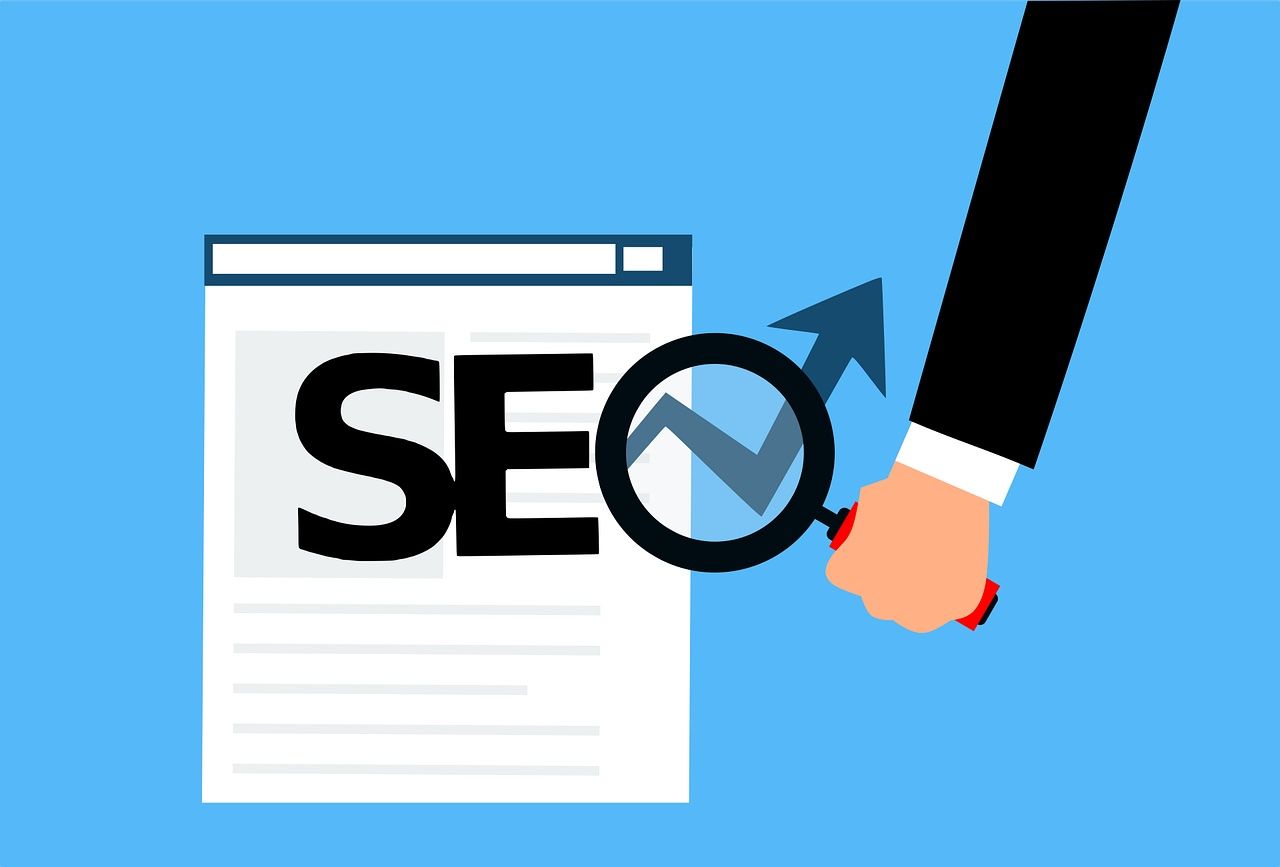
Google Analytics (GA) is a powerful tool that allows you to get a detailed look into what's going on with your website. Because GA insights are so precise, you can learn and understand the behavior of those visiting your website. This gives you a huge advantage when optimizing your website and tracking SEO analytics reporting to prove marketing ROI.
Learn more about boosting ROI in our e-book "5 ROI Metrics That Determine Marketing Success."
Here are just some of the things you can view on Google Analytics:
- Traffic source data shows you where website visitors originated. Did they find your site organically or through a paid or display ad?
- Content data tells you how users behave when they're on your website. Do they show up and immediately leave? What pages are they looking at? How are they interacting with those pages?
- Transaction data provides you with all the information you need to know about purchasing behavior on your site. How much revenue did you generate from one user's transaction? What is the number of unique purchases compared to transactions?
Using Google Analytics for SEO answers all of these critical questions. Plus, GA is free for basic use. There is a paid version of GA known as Analytics 360 that comes with all sorts of bells and whistles so you can better track your SEO rankings with Google Analytics. However, this option is not cheap. (The subscription fee is $150,000 per year!) That's one reason working with a partner that has access to the paid version, such as CMG Local Solutions, is so beneficial.
As for ease of use? GA is notoriously complicated. But once you have a system in place for Google Analytics management — or an experienced SEO agency such as CMG Local Solutions to do the important work for you — it can boost your website's SEO and your company's marketing efforts in measurable ways.
How to Use Google Analytics to Improve SEO
GA is an incredible tool to help you learn about your customers. You can see exactly where people are going on your page, which can help you identify broader trends. If you see which types of content on your website attract the most traffic, for example, you can start adding similar content to draw more visitors. Or you can make relevant content that isn't getting much traffic easier to find on your website.
Be sure to pay special attention to the "% Search Exits" column. This information will tell you how people interact with a search results page. If you see that users keep exiting the search results page before choosing a result, you can make an educated guess that they aren't finding what they're looking for. Then, you can add more content that answers your audience's search queries to your site, thereby improving your SEO.
If you're wondering how else you can use Google Analytics to improve SEO, consider these steps:
1. Install the GA tracking code on your website.
When you first sign up for Google Analytics, you'll receive a tracking code. This code will track every user who comes to your website. Once you receive it, put it on every page of your site so you can get detailed data about user activity. You'll find the tracking code, as well as GA insights and analytics, on your dashboard.
2. Set SEO-specific goals in GA.
Once you have a tracking code, you can set up goals in your GA account. Conversion goals, for example, let you see not only when someone views a certain page on your website, but also when they engage with the page (e.g., when they make a purchase or download a resource).
3. Track visitor information and demographics.
To personalize your visitors' experience, you need to know where they're coming from. We're not just talking about location. Using Google Analytics for digital marketing, you can learn the age, gender, location, and even interests of each visitor to your website. This will help you target your campaigns and make the user experience more personalized. To do this, you must enable "Demographics and Interests reports" on your account.
4. Assess landing page traffic.
Google Analytics allows you to track which pages on your site are most popular and, in turn, gives you insights into which content performs best. You can use that information to generate more content or use it to update and improve the content you already have.
5. Leverage GA reports.
Google Analytics reporting is invaluable, as it tells you how people reach your website and how they interact with it. If you use a multichannel funnel, you can track SEO rankings with Google Analytics to see whether specific SEO language led to any conversions. Working with an SEO agency can be beneficial, as it will have a detailed understanding of how to read and interpret these reports.
At CMG Local Solutions, we can make the most out of your SEO and Google Analytics to drive more traffic to your website. A personalized approach from an SEO company like ours can lead to more conversions and a more loyal customer base — as well as a greater return on your investment.
Want to learn more about how CMG Local Solutions uses Google Analytics to improve SEO? Contact us today.







